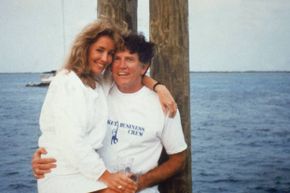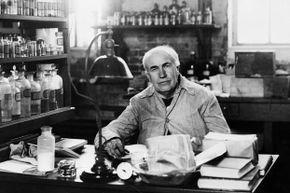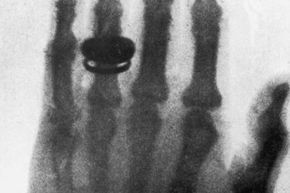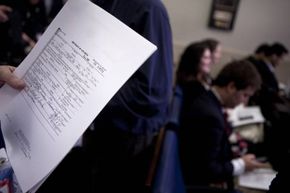Do you have a friend who's super smart, but when it comes to street smarts he's ... let's say "lacking"? Even the smartest people pull dumb moves sometimes, and for some reason it's extra surprising and disappointing when a smart person screws up. How could that president or general carry on an affair knowing it could easily get out? How did that company CEO think he could embezzle millions and no one would find out?
The truth is that book smarts or business savvy don't make a person perfect. Or streetwise. In fact, smart people seem prone to spectacular lapses in judgment more so than "average" people.
Advertisement
Why? One study published in the Journal of Personality and Social Psychology gave logic problems to people to solve and found that smart people tended to make more mistakes than those of average intellect, because smart people were more likely to take shortcuts or make assumptions due to overconfidence. This is called the bias blind spot [source: West et al].
Of course, overconfidence isn't the only road to a dumb decision. Many of the dumb choices you'll see on this list were motivated by greed, pride, stress, and even sheer laziness. Let's look at 10 memorable moments of "what were you thinking?"










